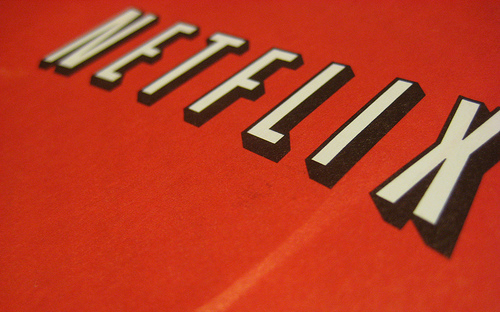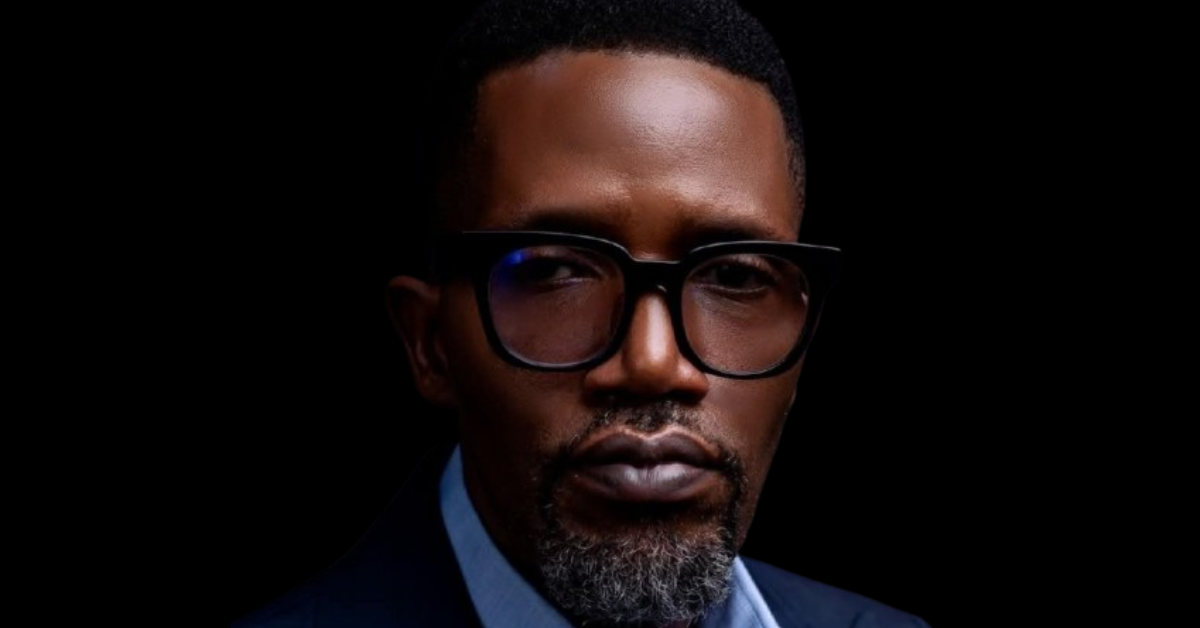
Following Wednesday’s announcement by Netflix that the video streaming service is now available in 130 countries, one question has emerged: what does this mean for established players in the Pay TV industry in Kenya?
Pay TV came to the fore in 2015 following the push for digital migration that saw the switching off of analogue broadcasting signals last April, followed by a transition to digital broadcasting. The disruption that this caused saw established broadcasters go to court in a bid to secure their intellectual property against emerging digital broadcasting platforms run by DStv, the Pan-African Network Group and Signet.
More disruption could be on the horizon following the entry of Netflix, especially especially among cord-cutters who prefer to access their TV online instead of using a cable company. However, rather than cutting into the current market share held by DStv, Startimes and the like, this could be a whole new market segment on its own.
What is likely to emerge is the uptake of broadband connections, as the average cost of an internet connection goes down. While majority of Kenya’s internet users are using mobile data, there is a growing residential broadband network, which is dominated by Access Kenya, Jamii Telcom and Wananchi Online.
This increase in coverage is ideal for Netflix, whose streaming packages cost between KES 818 (US$8) and KES 1227 (US$12). One would need an unlimited and fast internet connection to access this, which would cost between KES 2800 (US$27) and KES 9799 (US$ 95) for the 1 Mbps and 50 Mbps connections respectively from Zuku.
Therefore, a standard Netflix account and a 10 Mbps connection from Zuku will set you back about KES 5120 (US$ 50) a month. This is after the 1 month of free service on Netflix.
In comparison, the most expensive DStv offering is the Premium bouquet at KES 9400 (US$ 91), while the cheapest SStv Access at KES 1050 (US$ 10) per month. The Compact Plus package costs KES 6400 (US$ 62), the Compact is KES 3750 (US$ 36), and the Family Package is KES 2150 (US$ 20).
While these prices are seen as exploitative, Multichoice Africa CEO Tim Jacobs argues that the reason why the service is so expensive in Kenya is because of factors of scale. There are two Kenyan subscribers for every 100 in South Africa, and as a result, the price is higher due to the need to cover costs such as equipment and licensing fees.
Netflix will ruffle a few feathers as it becomes established in Africa. The Video-On-Demand model takes on DStv Now, which is only available to Premium subscribers. Netflix’s catalogue includes a wide variety of TV shows and original programming available for streaming in standard and high definition, with hits such as Sense8 which was partially shot in Kenya, and Beasts of No Nation, which starred Idris Elba.
One card that DStv does have up its sleeve is sports, particularly the English Premier League, which is a hit in Kenya. Another is the local content carried on Maisha Magic, as it is unclear whether Netflix will air locally produced programmes.
While Netflix will not entirely dislodge DStv, what is likely to happen is that the market will become segmented, with the streaming crowd on one end, and the decoder lot on the other. There could be some overlaps as well, as people find creative ways to mix and match the best of both.
https://m.youtube.com/watch?v=77-r4Y4jPC4&feature=youtu.be
















